Romania's President Klaus Iohannis said he is worried about the latest developments in the Black Sea region as Russia "is threatening the stability of the region," underscoring the need for "a consistent approach across the entire NATO eastern flank."
"We need to ensure a consistent approach all across the eastern flank. I am deeply concerned about the developments in the Black Sea region. Russia constantly intensifying its military activity in the Crimea culminating with the Kerch incident and the ongoing conflict in Eastern Ukraine, harassing NATO aircraft and ships, only prove that Russia is still threatening the stability of this region. It is time to ask ourselves most seriously: is NATO efficient enough in these circumstances? What do all these developments say about our posture and our actions? My answer is definitely that we need to do more. We need a robust, land, air and sea defence by providing the right plans, forces and capabilities to strengthen NATO's advanced presence," Iohannis said at the plenary session of the B9 Summit that tackled the security situation in Europe, its neighbourhood and beyond, and implications for NATO adaptation.
He pointed out that, firstly the "deterrent posture" in the Black Sea needs to be enhanced.
"A more robust deterrent posture should begin with filling gaps and the use of agreed measures to their max. A more persistent sea and air presence in the region is needed, both of the riparian NATO members and from the other Allies for surveillance, exercises and port visits. We also need a stronger allied presence," said Iohannis.
He told the attending B9 heads of state or government that Romania counts on their support for the multinational brigade in Craiova to be truly multinational, capable of deterring and defending the establishment of the Multinational Division South-East.
He pointed out that more attention should be paid to the Eastern partners and that more support should be given.
"We can increase their ability to defend themselves against any kind of threats, whether military, cyber or hybrid threats or unadulterated propaganda. We can also show them that they are not alone, getting them more involved in training and exercises, in intelligence exchanges and political dialogue on security in the region," Iohannis said.
The Romanian head of state also underlined the need for NATO's Western Balkan partners getting more attention, as the region faces complex security challenges, both internal and external. He said that the signing of the NATO Accession Protocol for the future Republic of North Macedonia is a major step in the process of regional reconciliation.
According to Iohannis, NATO-EU co-operation is of particular significance when it comes to ensuring a stable and secure environment in the Euro-Atlantic area, and also outside it.
"The key words for it to function and produce the expected results are complementariness and synergy of actions. Military mobility, support for our Eastern Neighbourhood and Western Balkan partners, tackling hybrid threats should remain common priorities. That is why under the Romanian presidency of the EU Council Romania will support efforts to strengthen the EU's role in security and defence matters," he said.
Iohannis said that NATO must be shown as a "strong alliance that delivers."
"Our results in all these areas will ensure the success of the NATO leaders' meeting at the end of this year. (...) You can count on us, Mr Secretary-General, to make the appropriate preparations for the meeting. At the same time you can count on Romania to continue to meet all its commitments to NATO," concluded Iohannis.
President Iohannis attended a Bucharest 9 (B9) Summit in Kosice, Slovakia on Thursday.
Also attending the event were the heads of state of Bulgaria, the Czech Republic, Estonia, Hungary, Latvia, Lithuania, Poland and Slovakia, as well as NATO Secretary General Jens Stoltenberg. A joint statement will be adopted at the end of the meeting to highlight the common assessments and objectives of the B9 member states, including preparations for the next NATO summit meeting scheduled for the end of 2019.
Two plenary sessions are organised at the meeting; a commemorative plaque will be unveiled, and in the end, the Romania's President Klaus Iohannis, his Slovakian counterpart Andrej Kiska, and his Polish counterpart Andrzej Duda, will hold a joint news conference.
The Bucharest (B9) format was launched as an initiative of the presidents of Romania and Poland. The first summit took place in November 2015 in Bucharest and the second in Warsaw in June 2018.
Iohannis: Consistent approach needed on NATO's Eastern Flank; Russia still threatens Black Sea stability
Explorează subiectul
Articole Similare

4
Ferrari commends Targu Mures Technological High School for shaping highly-appreciated company designer
4
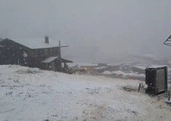
8
Sibiu mountain rescuers warn tourists about "several avalanches of considerable size" occurred at Balea Lac
8

6
Health Ministry awards contract for strategic IT system to digitalise institution
6

4
ANAT vice-president: Small gains in incoming tourism don's compensate steep drop in domestic travel
4
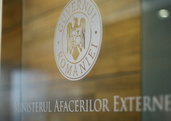
10
Condemns MAE's decision to mandate Romania's representative in COREPER to vote in favor of EU-Mercosur Agreement
10
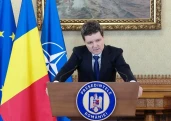
18
President Dan: Romania voted for EU-Mercosur agreement
18
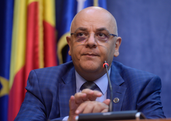
26
Emergency Management head defends Swiss escort of presidential plane, calls criticism an attempt to minimize respect
26
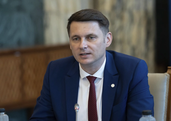
9
Creating divisions in society and fuelling dissent only weaken Romania, says Senate president
9

7
Consumption slowdown deepened in November, raising risk of technical recession - CFA Romania president
7
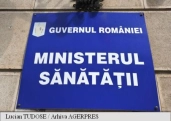
9
Minister of Health discusses with Spanish officials the development of production of medicines and medical supplies
9

9
Arrivals and overnight stays at accommodation establishments in Romania down in first 11 months of 2025 (statistics)
9

12
Agriculture Minister calls for additional guarantees for farmers in EU-Mercosur Agreement
12

6
Ministerial Order approving upper secondary programmes of study published in Official Journal
6

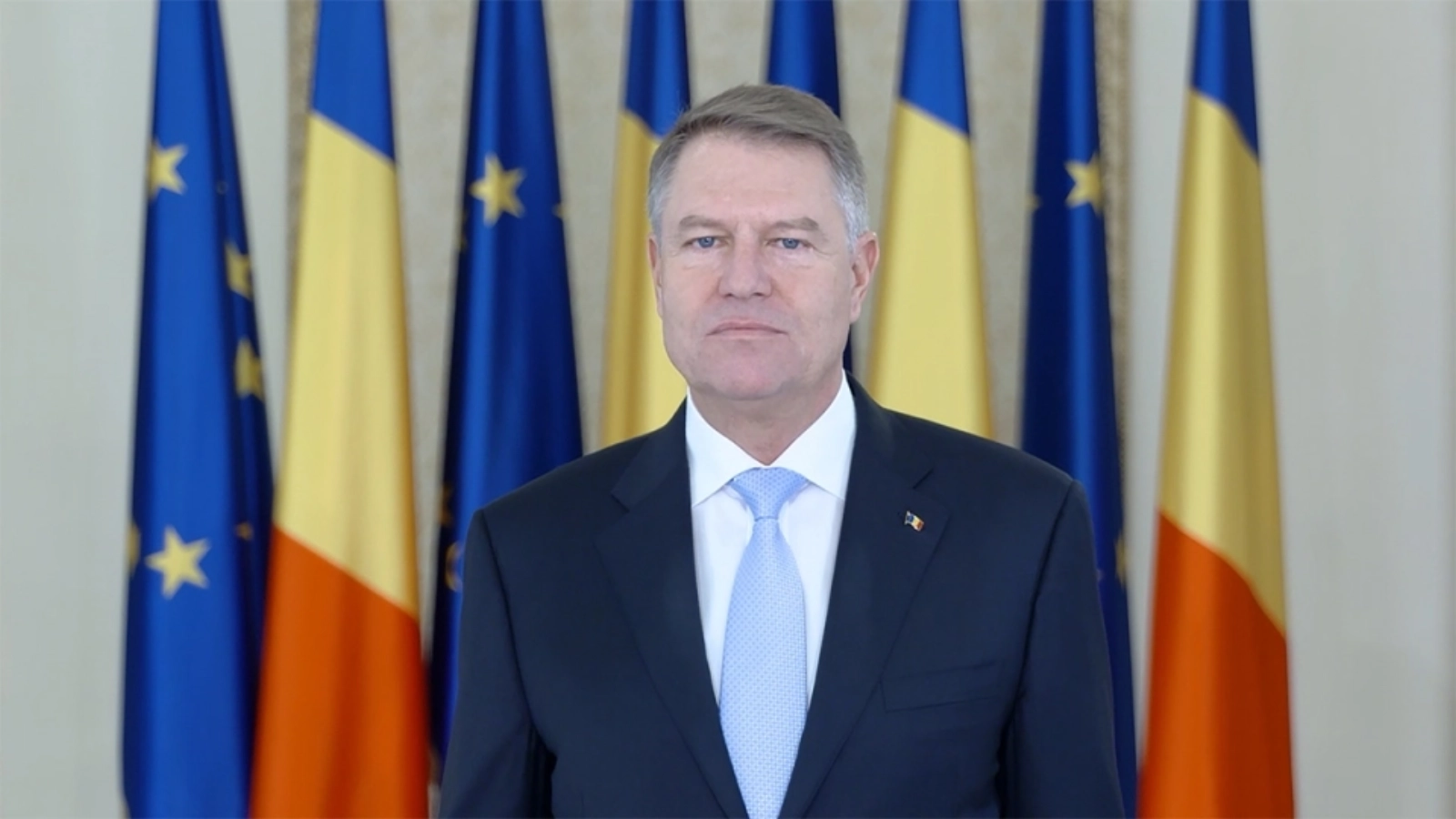





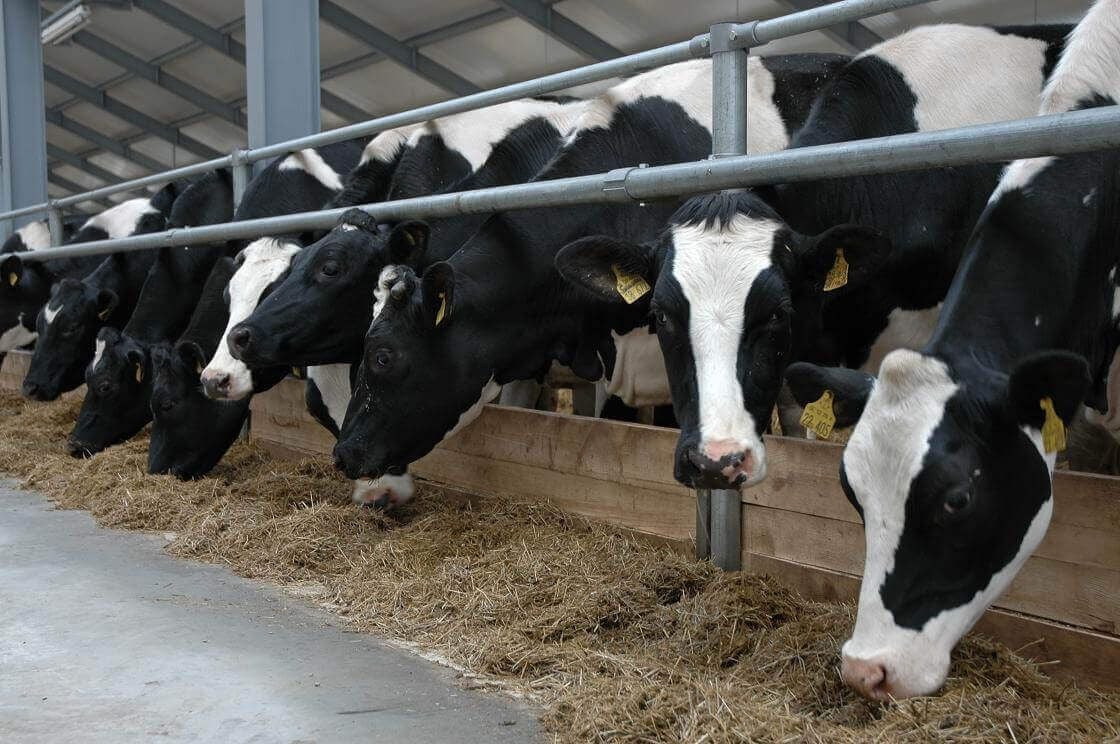


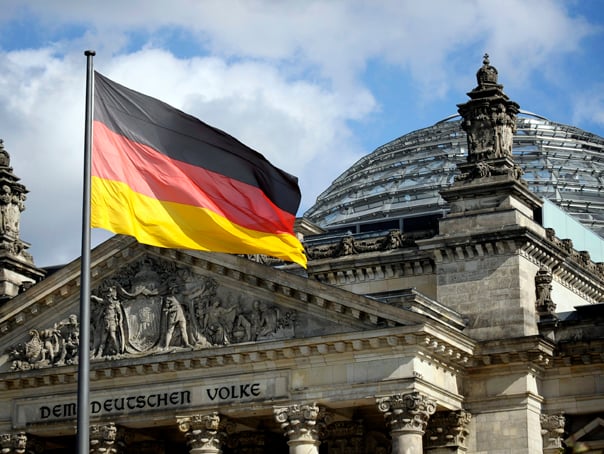






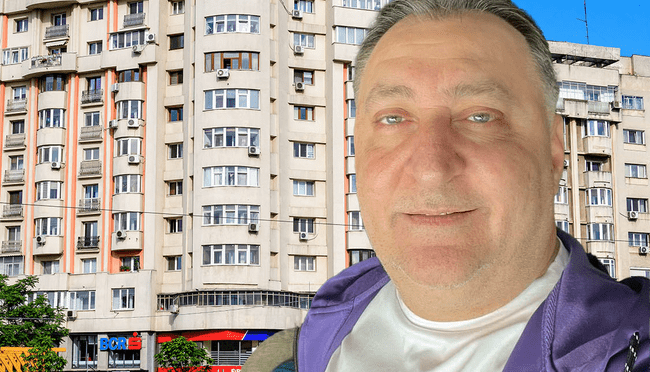

Comentează